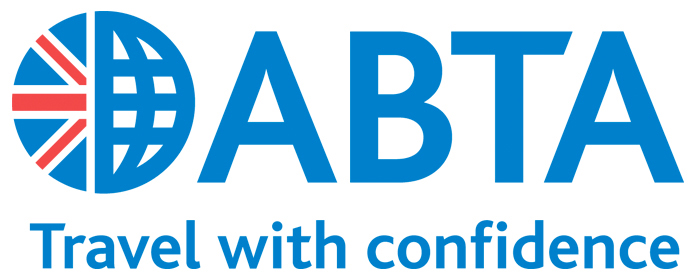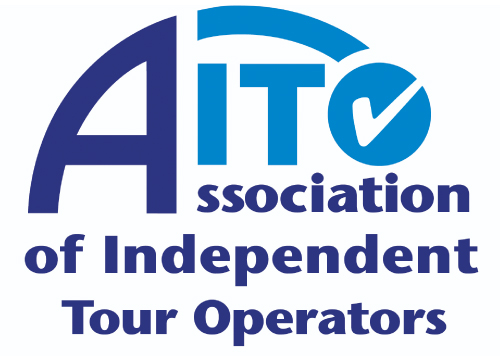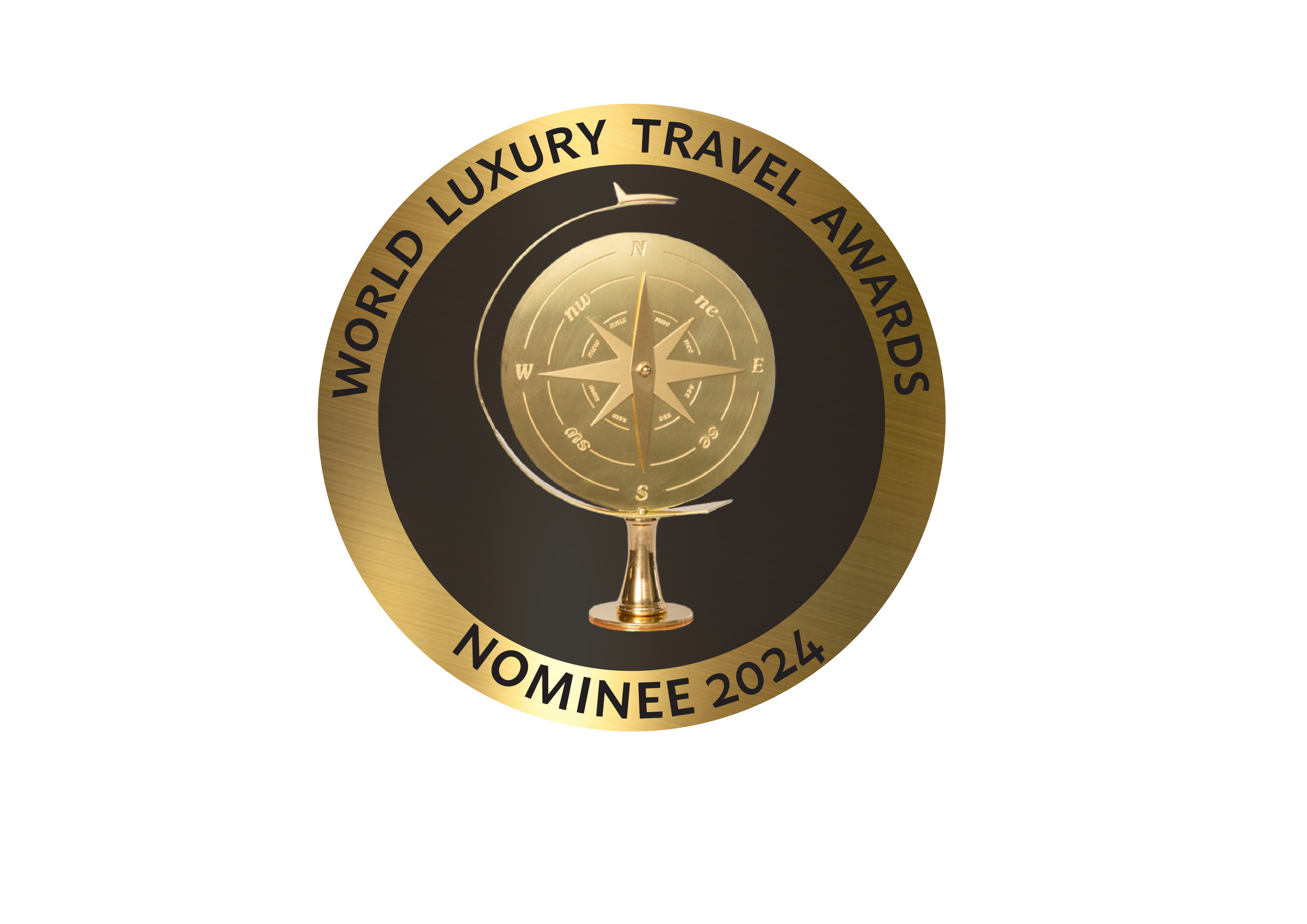Here’s the ultimate travel essentials list for Kyrgyzstan; everything from currency, tipping and clothing dress codes can be found below.
Currency
The local currency is called the Som (KGS) and can only be exchanged in Kyrgyzstan. For the latest exchange rates you can review this website www.xe.com
We recommend you take your spending money in US dollars, as many restaurants, shops and bars only accept hard currency. Trying to change traveller’s cheque or British Pounds into the local currency is difficult and is not a convenient option. Please ensure the bank notes in cash that you travel with are in good condition and we recommend you take new (post 1998), good dollar bills in small denominations.
You can exchange money in most towns and your local guide can recommend where to change money. There are some ATM machines and credit cards can be used in well-established restaurants and shops in Bishkek.
It is extremely difficult to change Soms back into dollars at reasonable exchange rates, so it is advised that you spend what Soms you have before leaving the country. For this reason we also advise that you change small amounts at any one time.
Food and Drink
As in any country the prices of meals can very considerably depending on the location, type, style of restaurant and the number or courses eaten. Local cafés and restaurants in small towns are generally less expensive than similar restaurants in major cities. Tashkent has a wide range of restaurants to suit all budgets. We have therefore provided an average price guide for restaurant meals.
- Lunch price: £4.00 – £6.00
- Dinner price: £6.00 – £10.00
- Beer price: £1.00
- Water price: £0.50
Vaccinations
Ensure you visit your travel clinic before travel for general advice on travel risks, vaccinations and malaria. There are no compulsory vaccinations for Kyrgyzstan, but your travel clinic will probably recommend protection against typhoid, tetanus, polio and hepatitis A. For more information regarding vaccinations and travel health visit www.fitfortravel.nhs and www.masta-travel-health.com. Vaccination requirements are subject to change and should be confirmed by you before travelling.
Language
Kyrgyz, Russian
Time Difference
Kyrgyzstan is 6 hours ahead of GMT.
Insurance
A valid travel insurance policy to cover theft, loss and medical issues is a must. It is your responsibility to arrange appropriate travel insurance and ensure you have read and understood the full terms and conditions of your travel insurance policy to ensure that you are covered for all activities you intend to undertake whilst on the tour, including all optional activities.
It is a good idea to photocopy all relevant documents – passport, travel, insurance policy etc., and leave one copy at home. Carry another copy with you separate from the originals.
Wi-Fi and Mobile Phone Coverage
Internet access is available in Kyrgyzstan but is limited to the main cities and towns. The easiest internet access is by logging on to Wi-Fi hotspots available at hotels, cafes, restaurants, or shopping centres. The quality of Wi-Fi varies greatly depending on your location and often does not reach all of the hotel bedrooms. Also, in the more remote locations such as the mountainous areas, the internet will not be available.
Kyrgyzstan’s mobile phone network has thorough coverage, at least in the Urban areas.
Electricity
A round two-pin plug is required to charge your phone, camera, video camera or electronic devices. The voltage in Kyrgyzstan at 220 volts. In some of the remote area of Kyrgyzstan, electricity may not be available 24 hours a day.
Altitude Information
A few of our tours in Kyrgyzstan cross and spend time in high mountain regions where there is some risk of Altitude Sickness. We try, where possible to alleviate the risk by creating itineraries that allow you to naturally acclimatise.
Your susceptibility to Altitude Sickness is not based on age, sex or physical fitness or whether or not you have had it before. Symptoms include shortness of breath, headaches, feeling and being sick, dizziness, tiredness and loss of appetite. If you feel or experience any of these symptoms you must inform you guide immediately so we can take the appropriate action.
If you have anaemia, asthma, high blood pressure or any existing heart or lung conditions you should consult your Doctor prior to booking this holiday. In these circumstances we will provide you with maximum altitudes of your trip so you can seek professional medical advice.
Clothing
For all trips to Kyrgyzstan we would highly recommend that you pack warm (fleece and puffy jackets) and waterproof clothing as mountainous regions can be cold at night. Gloves, hats and even warm sleepwear is advisable if you plan on staying in a Yurt.
Central Asia can get very hot in the summer so light- weight natural fabric are most suitable. In the spring and autumn when temperatures are cooler we recommend layering.
As with the rest of Central Asia Kyrgyzstan is largely Muslim and therefore a conservative dressed code is advised at all times. Avoid any clothing that is too tight or revealing as well any tops and bottoms that reveal too much skin / flesh such as as short – skirts and shorts, spaghetti strap tops and blouses with no sleeves. When entering mosques and places of religious significance women will usually be asked to cover their hair with a headscarf. It is therefore advisable to include one in your packing, as is a swimming costume for hotel pools, lakeside and river bathing.
Footwear
Good quality, comfortable walking shoes or boots and trainers.
Equipment
Day sack, water bottle, sunhat, sunglasses, high factor sunscreen, head scarf, torch, insect repellent, ear plugs and travel first aid kit. Please note a small travel towel is required at these are not supplied at the yurts camps. Yurt camps generally provide warm sleeping blankets although we strongly advise you to either bring your own sleeping bag or at the very least a sleeping liner if you’d prefer to use the blankets provided. For nights spent outside of hotels we suggest you bring a portable charging battery for your phones and cameras.
Culture and Customs
As with many Central Asian countries the majority of local people come from nomadic backgrounds. This necessity to move with the seasons and constantly uproot the family and life have played a significant role in the cultural development. With influences from Russia, Persia and Turkey this fantastic country dates from around the 17th century until it was conquered by Russian Tsarist forces over 200 years later. Kyrgyzstan regained its independence in 1991. Kyrgyzstan has a young population with more than half under 30 years of age .Two-thirds of its population still lives in rural areas.
As with all nomadic people the natural flora and fauna have played a great influences on their way of life and culture. This can be seen in many aspects of life from homes and clothing to art and design as well as through their music and dance.
The beauty of the Yurt is in its practicality and ability to cope with changing weather conditions and necessity to be moved at least twice every year with the changing seasons. When the weather is colder they can be made warmer with rungs and wall hangings, most of which are designed with depictions of nature. Nature is a great supplier of materials and therefore the Kyrgyzstan people use many natural fibres to not only build and insulate the Yurt homes but to also create comfortable, stylish clothing.
Horses are and always have been essential part of Kyrgyzstan life and culture. Some traditional food dishes use horse milk or meat. Horses can be used for payment of dowries in marriage agreements and many sports have been created to prepare both horse and rider for hunting and fighting.
Tipping
Tipping is the norm in Kyrgyzstan so we advise you keep small notes handy for regular tipping. For guides, drivers, hotel and restaurant staff we recommend the following daily amounts, which are subject to you receiving service worth of a discretionary tip.
- Local full day city guide: 10 USD per day, from your group
- Local Driver: 5 – 8 USD per day, from your group
- Restaurants, cafes and bars automatically apply 10% service charge
Safety
Kyrgyzstan people are kind-hearted, welcoming and sincere in their offerings of hospitality and friendship. Tourists always comment on this when they return from holiday.
As with all travel outside of your home we recommend you exercise standard safety precautions. Take few valuables and jewellery with you and keep cameras, phones and anything valuable out of sight when not in use. When walking alone at night in cities or rural areas always speak with your guide before you head out and he will update you on the latest local advice.
Travel Safety Advice
We strongly recommend that you check your government’s travel advisory for up-to-date information and advice about your destination: safety and security, entry requirements, health, local laws and customs. For UK Foreign, Commonwealth & Development Office advice www.gov.uk/foreign-travel-advice
Festivals and Holidays
Festival and holidays in Kyrgyzstan are usually held in honour of past traditions and their nomadic and historical way of life. Some festivals are celebrated throughout Central Asia but each country’s celebration is based on its cultural and historical adaptation of the celebration.
Navroz Spring Festival (April)
As in the rest of Central Asia the ancient festival of Navroz celebrates rebirth and renewal surrounding the spring equinox and to celebrate the end of the usually harsh and snowy winters. The two day festival highlights the very best of Kyrgyzstan’s food, dance and traditional sports and games.
Kyrgyz Kochu Festival (August)
This festival celebrates the nomadic way of life and the annual migration from the warm summer pastures to the winter grazing lands. Great food, music and dancing and fancily dressed animals of all kinds are out in abundance.
National Horse Festival (July)
This is one of the country’s most popular local festivals. Central to Kyrgyz way of life for centuries, horses and horsemen are celebrated with races, team games and fantastic contests including the quite dramatic horse-back wrestling. Riders and horses compete from all over Central Asia so it’s definitely one not to miss.
Bird of Prey Festival (August)
Nomadic herdsman still hunt with birds of prey. This festival celebrates traditional hunting techniques and honours some fantastic birds of prey including the Golden Eagle. Birds of prey are held in very high esteem as a well trained bird can provide food for a whole tribe.





